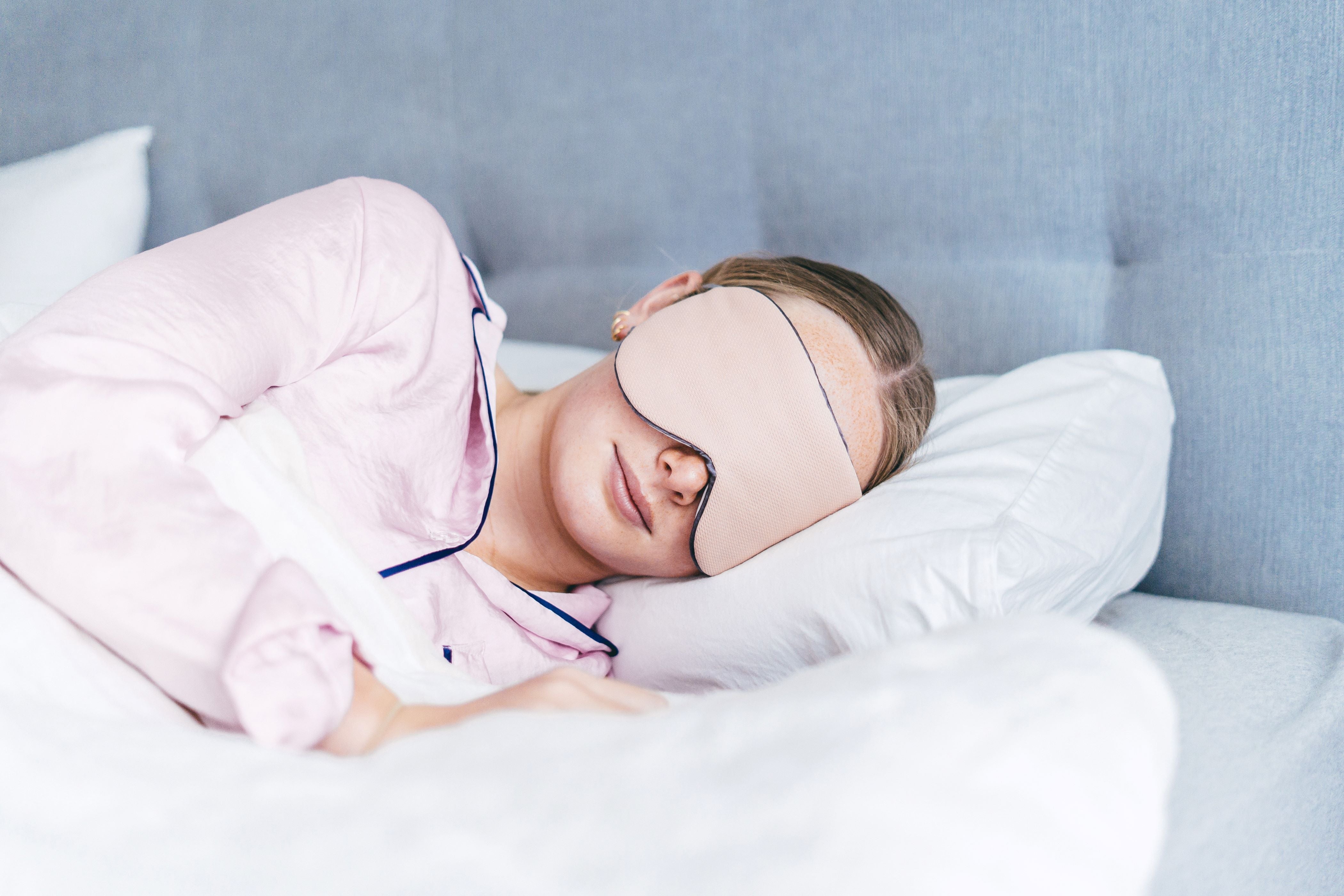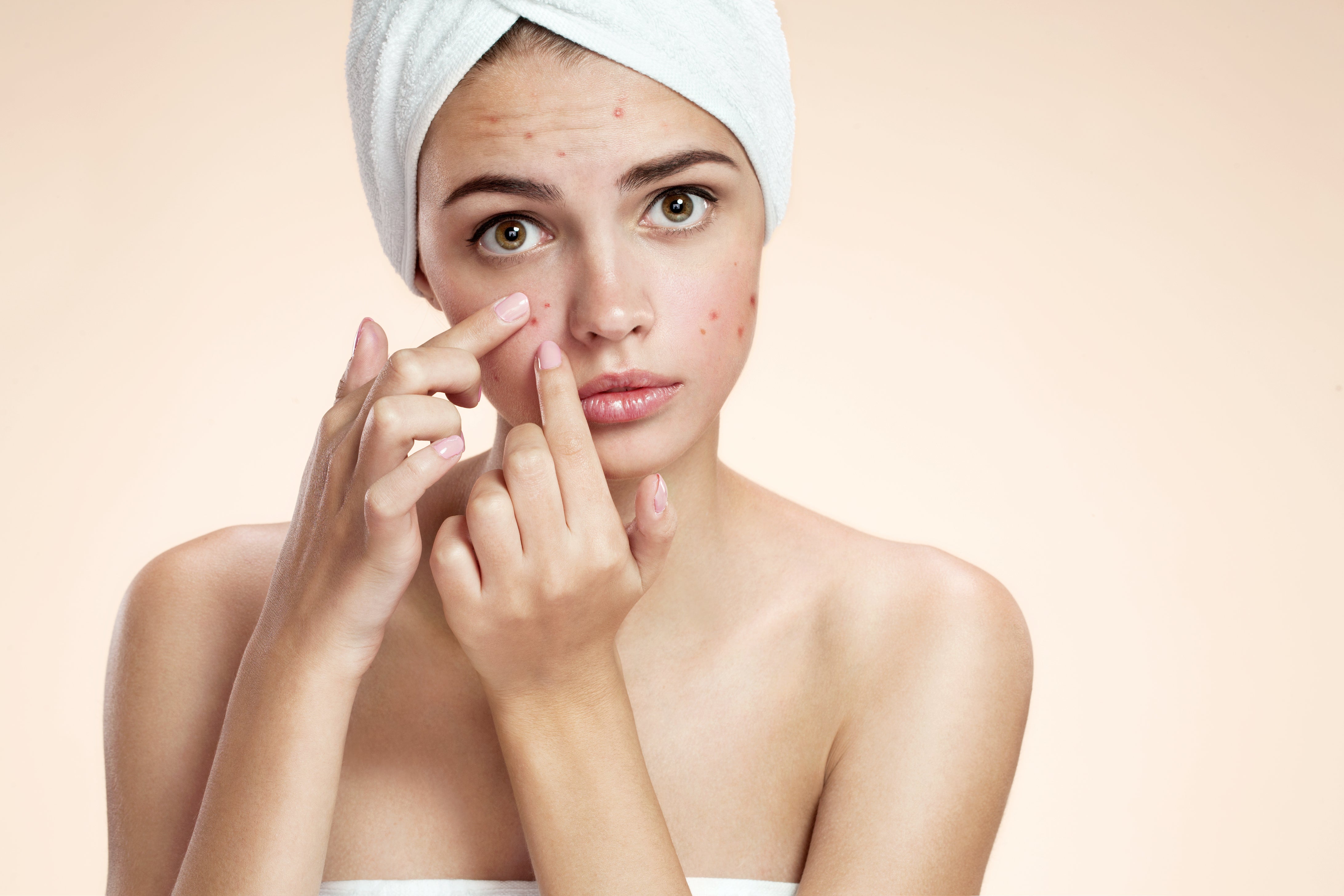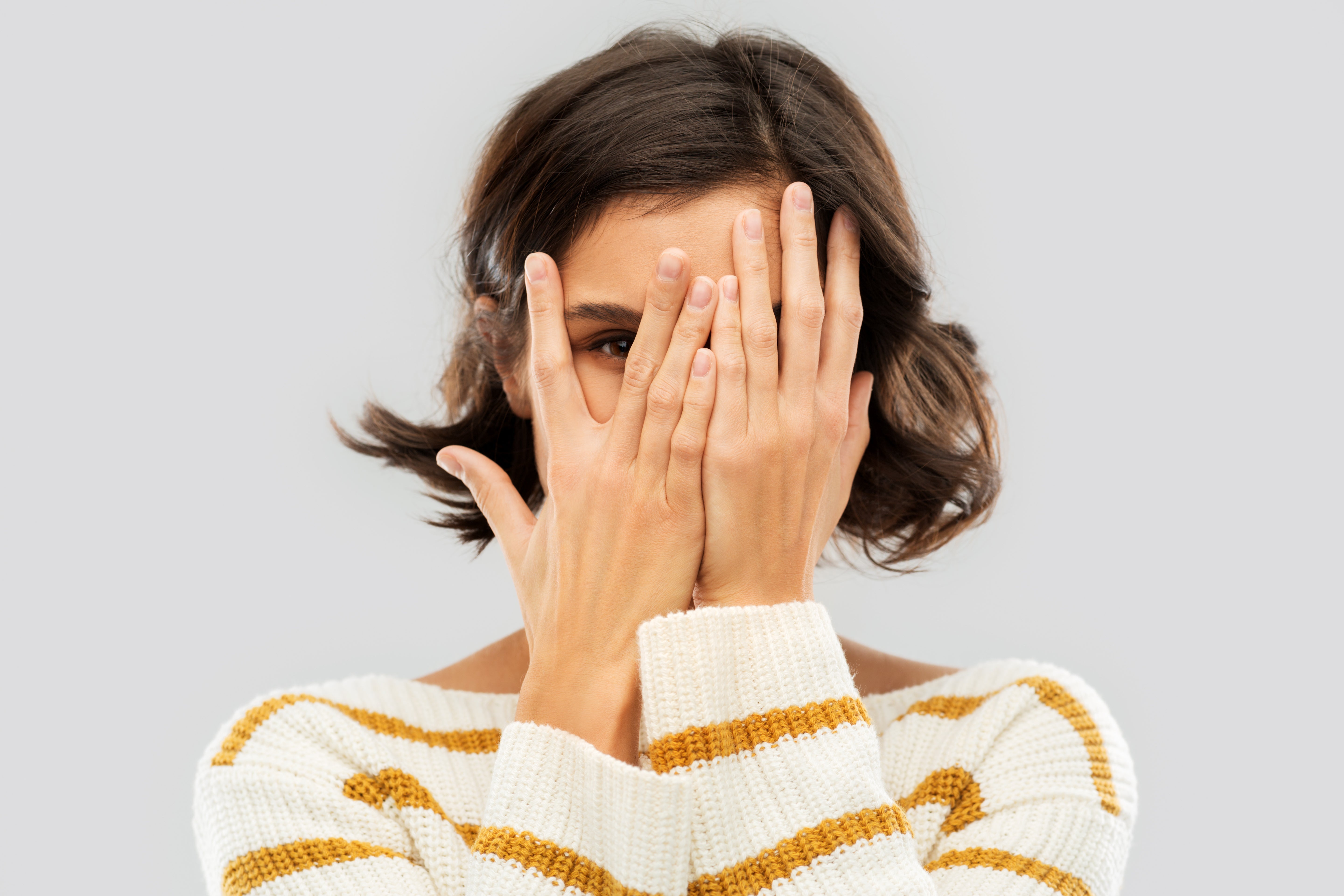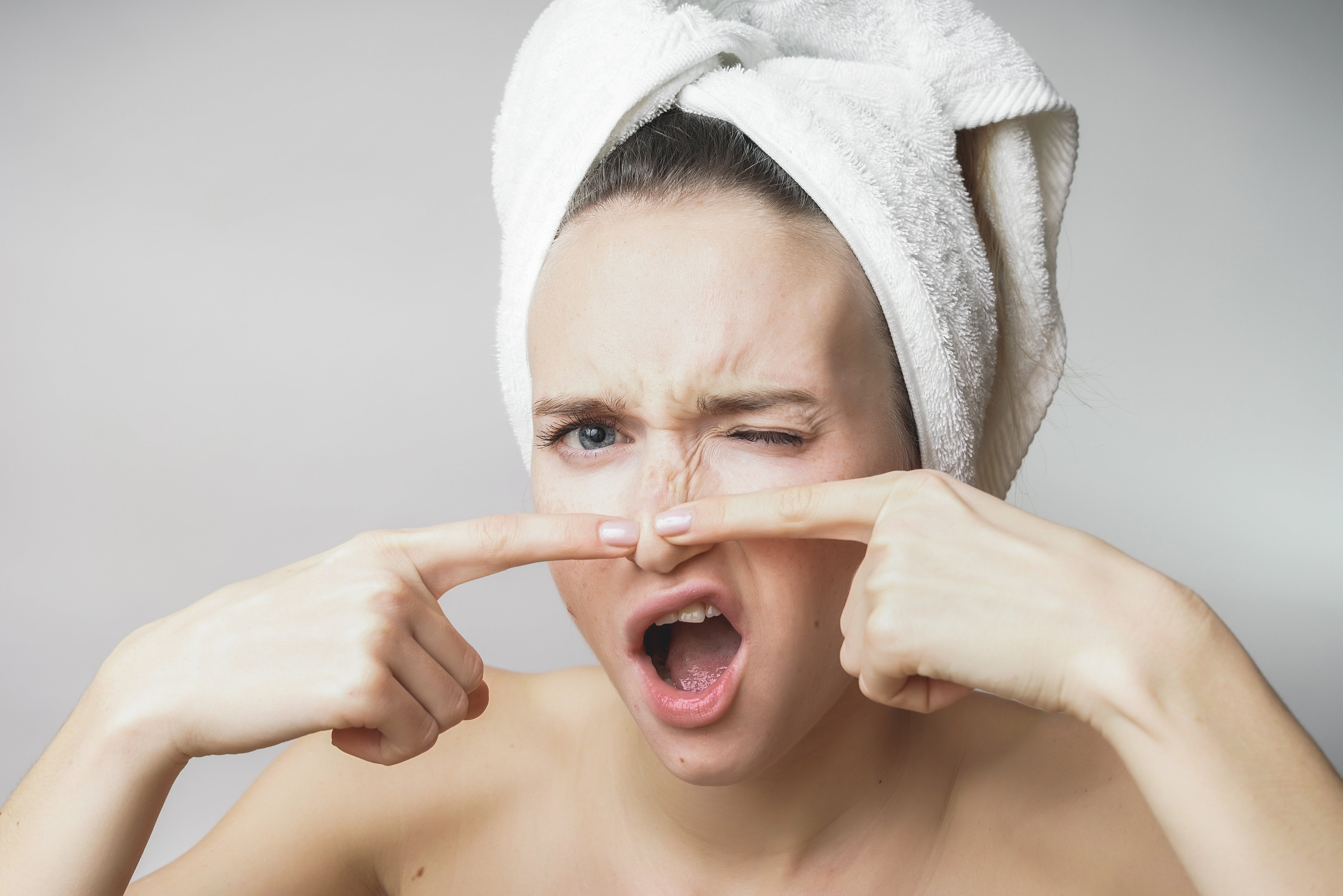The Beauty of a Good Nights Sleep

(updated 28th April 2025)
When it comes to skincare, we often focus on the latest creams, serums, and treatments. But did you know that one of the most powerful tools for achieving healthy, glowing skin is something that doesn't come in a bottle, tube or jar, and it's free? It's sleep! No joke, getting enough quality sleep can do wonders for your skin (plus your overall health).
When you sleep, your body goes into repair mode, and this includes your skin. During deep sleep, your body produces growth hormones that help repair damaged cells and tissues. This is when your skin gets a chance to recover from the day's stressors like UV rays, pollution, and even that late-night TikTok or Netflix binge.
Sleep is a fundamental biological process to maintain good physical health and wellbeing, not just something your mum nags you about!
How does sleep affect your skin?
Sleep Deprivation and Skin Ageing
Research has shown that skimping on sleep can accelerate ageing of your skin. A study published in the journal Clinical and Experimental Dermatology found that those who consistently slept less had more fine lines, uneven pigmentation, and reduced skin elasticity compared to those who got enough sleep. Lack of sleep also leads to increased production of the stress hormone cortisol, which can break down collagen, the magic protein responsible for keeping your skin firm and bouncy.
Cellular Repair and Regeneration
While you’re catching those Zzzz’s, the body enters a state of restorative rest, allowing cells to repair and regenerate. The skin, being the body's largest organ, benefits significantly from this process. During sleep, your skin's blood flow increases, allowing for better oxygenation and delivery of nutrients to the skin cells. This increased blood flow also helps remove toxins and waste products, giving your skin a healthier and more radiant appearance.
Collagen Production
Collagen is a crucial protein that gives your skin its structure and along with its buddy elastin, keeps your skin looking firm and bouncy. Production of collagen peaks during deep sleep, and lack of sleep can slow collagen production, resulting in fine lines, wrinkles, and sagging skin over time. On the other hand, prioritising sleep and making sure you are getting enough quality shut-eye, can support the skin to make more collagen, keeping you looking juicy and radiant.
Sleep and Skin Inflammation
Inflammatory processes are closely linked to skin conditions such as acne, eczema, and psoriasis. Lack of sleep can trigger inflammation in the body, which can worsen existing skin conditions or even lead to the development of new ones. One study found that people who slept poorly were more likely to develop these pesky skin issues. But here's the good news: quality sleep can actually calm down inflammation, giving you a healthier, clearer complexion. So, if you want to keep redness, swelling, and irritation at bay, take your sleep seriously.
Hydration and Moisture Balance
A lack of sleep can disrupt skin barrier function, leading to increased transepidermal water loss (TEWL) and decreased skin hydration. During deep sleep, the body's hydration regulation is optimized, ensuring that the skin maintains its natural moisture balance.
Dark Circles and Puffiness
Lack of sleep often results in the appearance of dark circles and puffiness around the eyes. This is due to the accumulation of fluid and poor blood circulation, which can be improved with consistent, high-quality sleep. Adequate rest allows the body to regulate blood flow and reduce fluid retention, diminishing the visible signs of fatigue and stress on the skin.
Tips to get enough quality sleep
1. Establish a bedtime routine
Creating a consistent bedtime routine can signal to your body that it's time to wind down and prepare for sleep. Try to go to bed and wake up at the same time every day, even on weekends. When you are a new parent, everyone tells you to establish a consistent bedtime routine for your baby so they learn to recognise the cues and subconsciously prepare themselves for sleep. It’s exactly the same as an adult, we need that wind-down time and a consistent routine is a great trigger for your body to know it’s time for sleep.
2. Create a sleep-friendly environment
Make your bedroom a haven for sleep by keeping it cool, dark, and quiet. Get a comfy mattress and pillow that support your body and promote better sleep. I can highly recommend either the Do Not Disturb Satin Sleep Mask or the Lights Out Sleep Mask as your perfect bedtime accessory!
3. Limit screen time before bed
The blue light emitted by electronic devices can interfere with your sleep-wake cycle. While this isn't true for everyone, setting the phones or laptop, to the side at least an hour before bed definitely can't hurt.
Conclusion
There is good evidence for the link between sleep and skin health, and it is a vital aspect of overall well-being. Prioritising quality sleep, is an essential step in your skincare routine, with the added bonus of making you feel fresh and ready to take on each day! Healthy skin days start with a good night's sleep. Sweet dreams!
References
- Krueger, J. M., & Obál Jr, F. (1993). A neuronal group theory of sleep function. Journal of Sleep Research, 2(2), 63-69.
- Besedovsky, L., Lange, T., & Born, J. (2012). Sleep and immune function. Pflügers Archiv-European Journal of Physiology, 463(1), 121-137.
- Choi, E. H., Kim, Y. C., & Ahn, S. K. (2017). Effects of lifestyle and the environment on skin aging. Clinical and Experimental Dermatology, 42(8), 845-852.
- Oyetakin-White, P., Suggs, A., & Koo, B. (2014). Sleep quality and its association with skin ageing. International Journal of Cosmetic Science, 36(6), 484-490.
- Oyetakin-White, P., Suggs, A., & Koo, B. (2015). Does poor sleep quality affect skin ageing? Clinical and Experimental Dermatology, 40(1), 17-22.
- Axelsson, J., Sundelin, T., Ingre, M., Van Someren, E. J., Olsson, A., & Lekander, M. (2010). Beauty sleep: experimental study on the perceived health and attractiveness of sleep deprived people. BMJ, 341, c6614.
- Choi, J. M., Kim, S. H., & Lee, Y. J. (2017). Association between sleep quality and skin conditions: A cross-sectional study of the Korean population. Acta Dermato-Venereologica, 97(1), 57-62.



